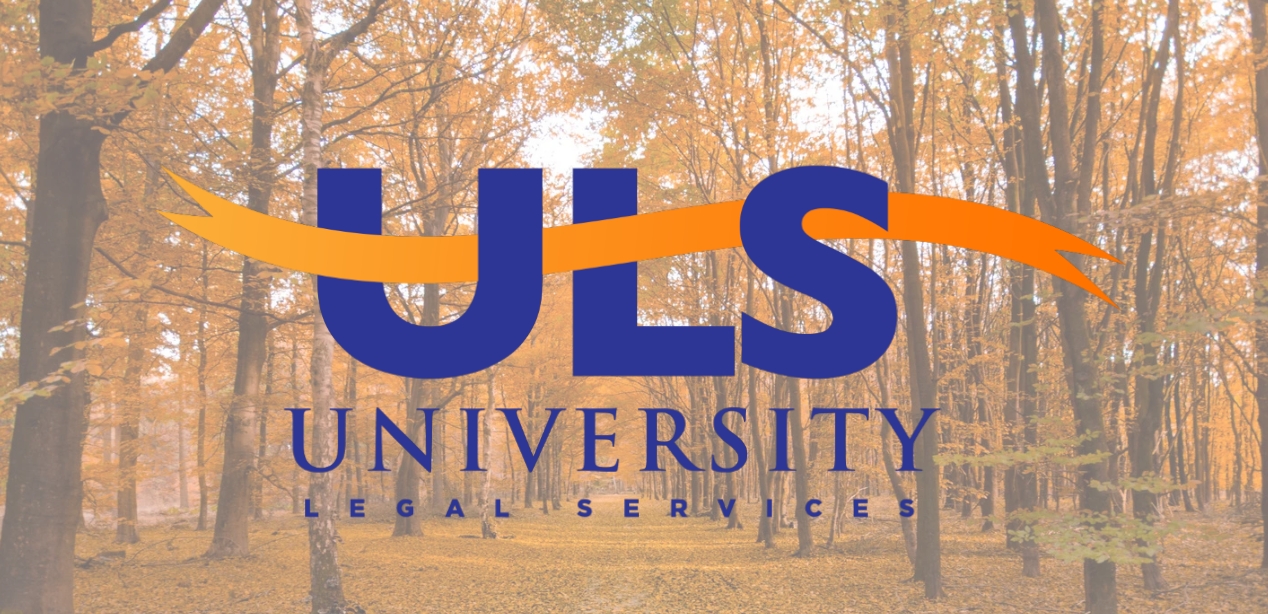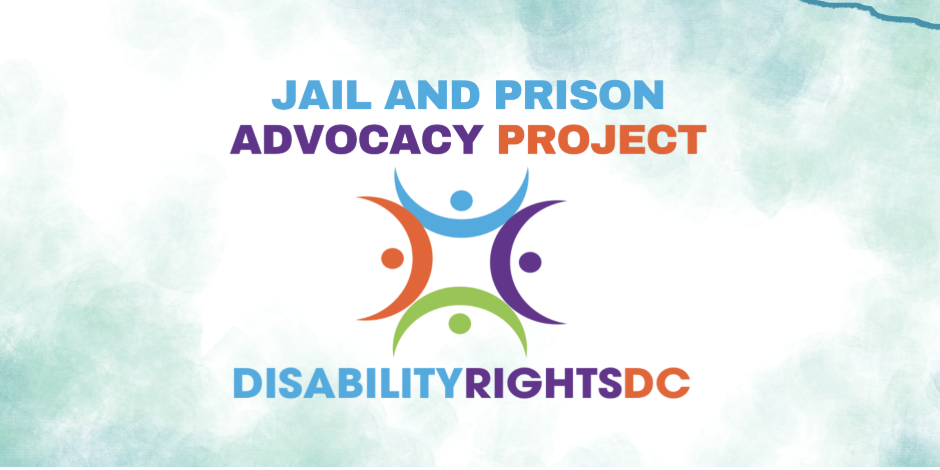This year, Alicia Johns celebrated 25 years with University Legal Services (ULS)! As the director of the DC Assistive Technology Program (DCATP), Alicia works to provide Washingtonians with assistive technology (AT). She bases her advocacy on the principle that “Technology makes things easier for persons without disabilities, but technology makes things possible for persons with disabilities.” In this feature, we take a moment to celebrate Alicia's 25 years of service and thank her for her hard work.
AT consists of “any item, piece of equipment, or product system that is used to increase, maintain, or improve the functional capabilities of individuals with disabilities.” AT services help people access these products. In 1988, Congress passed the Technology-Related Assistance for Individuals with Disabilities Act of 1988 (Tech Act). The Tech Act developed grants for US states and territories to grow these services. Today, these grants fund 56 Assistive Technology Act Programs across all 50 states, the District of Columbia, Puerto Rico, and four territories. DCATP is part of this network, helping DC residents explore, test, and afford AT.
Alicia, a native Washingtonian, has been working with AT in DC since 1993. Before arriving at ULS, she was a Community Coordinator at the National Rehabilitation Hospital (NRH). The NRH was DC’s first beneficiary of the Tech Act grant. The hospital introduced its patients to AT and promoted AT access across DC. To this end, Alicia directly collaborated with DC residents, policymakers, and DC-based agencies.
This is where Alicia first learned about AT. She witnessed the development of groundbreaking technologies like JAWS, augmentative communication devices, specialized seating, head switches, and the latest prosthetics. She especially remembers the creative ways in which people with disabilities made use of these new technologies.
In 1998, Congress reauthorized the Tech Act, which was originally designed as a sunset law, with the Assistive Technology Act of 1998 (AT Act). This is when DC’s AT program moved to ULS, with Alicia as its program director. Most recently, Congress continued the funding for the statewide AT grants with the recent passage of the 21st Century Assistive Technology Act. The 1998 reauthorization changed the focus of AT programs from systems change work to service provision. With this shift, after it arrived at ULS, DCATP developed the four core programs that it offers today: 1) the District of Columbia AT Resource Center, 2) the AT Device Loan Program, 3) the District of Columbia Disability Equipment Recycling Program (DC Shares), and 4) the AT Financing Loan Program (DC Funds). Together, these programs allow DC residents to test, choose, and learn about different AT devices. As Alicia emphasizes, information and training are crucial for people to find the AT that fits them and use it to its fullest potential.
Developing two of these services, the DC Shares and DC Funds programs, is Alicia’s proudest accomplishment at DCATP. She wrote grant proposals to bring both programs to DCATP. DC Shares allows low-income Washingtonians to get donated, gently used durable medical equipment for free. DC Funds provides DC residents with low-interest loans to buy needed AT devices.
Alongside these programs, DCATP has been able to get more funding to enhance its services. For example, DCATP now offers an AT Champion program. AT Champion teaches youth with disabilities about AT and involves them in DCATP's outreach. Youth gain advocacy and communications skills by creating AT-related content for DCATP's social media. DCATP also obtained funding from the Administration for Community Living (ACL)’s AT Public Health grant. With this funding, DCATP hired Deborah Kale as its Outreach Coordinator. Finally, in 2022, DCATP developed the Get Connected program. This latest program teaches seniors and people with varying abilities about new technology features that can make their smartphones, laptops, etc. more accessible.
When Alicia arrived at ULS, few people in DC knew the term “assistive technology.” This is no longer the case thanks to DCATP. Alicia’s leadership and the tireless work of her staff – AT Specialist Davette Rucker, Outreach Specialist Deborah Kale, Equipment Recycling Coordinator for DC Shares Frank Rice, and DC Shares Equipment Technician Reginald Taylor – have introduced AT to thousands of Washingtonians since 1998. Alicia also wants to acknowledge Debra Haydel, an AT Specialist who recently retired from DCATP, as she was instrumental in setting up the DC AT Resource Center. We extend our deepest gratitude for Alicia's relentless dedication to improving the lives of individuals with disabilities. Her impact is immeasurable, and her legacy will inspire positive change for future generations.

.png)





